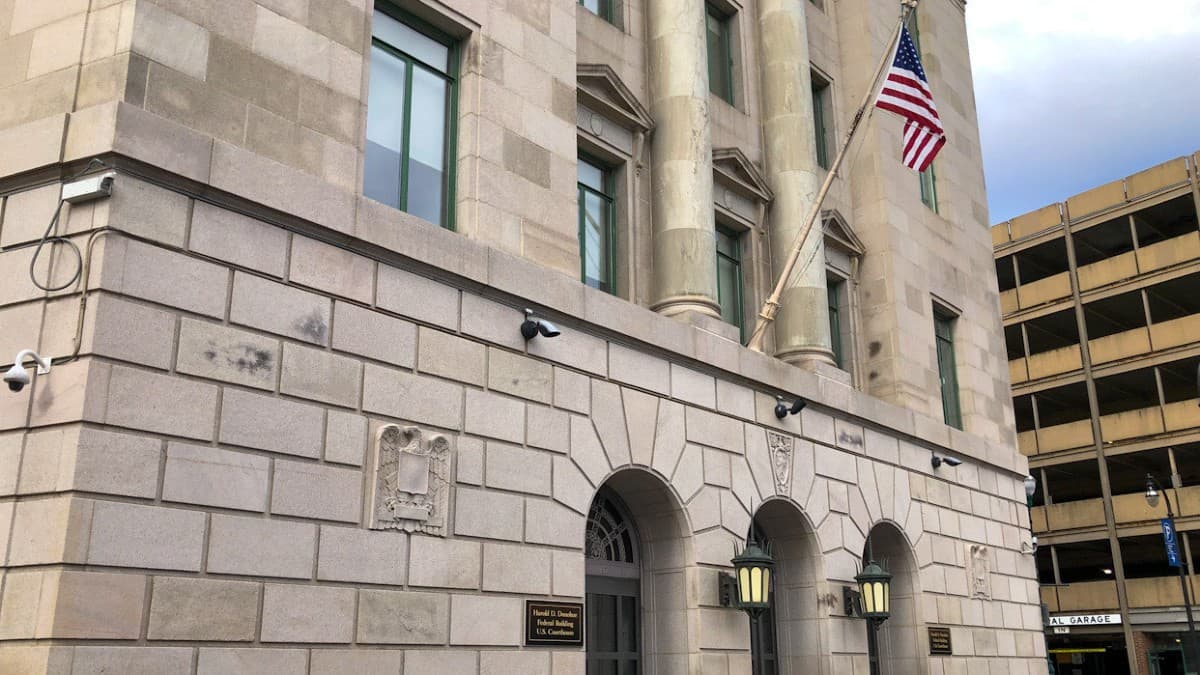WORCESTER – City Manager Eric Batista issued a written statement on Thursday which says it seeks to clarify his position regarding changes he seeks at the Human Rights Commission (HRC).
In that statement, Batista said that “in the spirit of transparency” the city would publish the police internal investigation reports requested by the commission on the city website. He also said that the city would release the demographic information related to hate crimes to the commission, as it requested, “so that they may deliberate solely on that matter.”
As This Week in Worcester previously reported, on Nov. 6 Batista sent a memorandum to the commission outlining his “Vision for the Continued Success of the Human Rights Commission.” In that memorandum, Batista said the commission should focus on work related to the restructure of the city’s Executive Office of Diversity, Equity, and Inclusion.
Previous to the memorandum, Batista met with three members of the Human Rights Commission on Oct. 20. In that meeting, Batista informed the members that he had denied the commission’s requests for records related to internal investigations by the Worcester Police Department’s Bureau of Professional Services, hate crimes, and payments made to settle allegations of civil rights violations.
This Week in Worcester contacted the media relations department of the city manager’s office and asked if this means the city manager is authorizing the HRC to deliberate on only the data on hate crimes, and specifically not authorizing deliberation related to police policy. The administration responded, saying, “At this time, the City Manager is requesting that the Human Rights Commission focus on the stated objectives and priorities.”
The Role of the Human Rights Commission
The Human Rights Commission is an advisory executive commission. The city manager alone appoints its members. The commission is empowered by ordinance to conduct investigations, create reports, and make recommendations to the city manager, who has the sole discretion to accept or reject its recommendations.
Despite lacking implicit power to implement policy, the commission is the only source of oversight of police department operations outside of the chain of command, headed by Batista. Although HRC is an executive advisory commission, it must publish an agenda, hold meetings in compliance with Massachusetts’ open meeting laws, and make its documents available to the public. The ordinance that created the Human Rights Commission also provides it with some autonomy to pursue its mandate.
In the second paragraph of the statement released on Thursday, Batista provided what he says is a summary of what the Human Rights Commission is able to do:
“The HRC has the ability to review, provide feedback and make recommendations on DEI policies; investigate human rights complaints related to denial of equal access and discrimination in employment, housing, education, recreation, and public accommodation against private entities; hold hearings; conduct mediations; and issue orders and reports upon completion of any investigations or hearings. This does not include investigations on City employees or departments. The new framework for the EODEI gives the HRC more resources to investigate complaints against private entities.”
(Editor’s Note: Emphasis added).
It is unclear if this statement is the city manager’s policy or the administration’s interpretation of the ordinance. A Massachusetts Supreme Judicial Court ruling in Human Rights Commission of Worcester v. Assad in 1976, said, in part:
“Where a municipal ordinance which established a human rights commission gave the commission the power and duty to receive and investigate complaints of violations of civil rights, a complaint charging excessive use of force by police was within the scope of the commission’s authority to investigate.”
An ordinance has the power of law and is enacted by the Worcester City Council.
The Worcester City Council passed an ordinance creating the Investigations Division, directly reporting to the city manager, in its current session. According to that ordinance, the investigations division “conducts investigations on behalf of” the Human Rights Commission.
Should the Human Rights Commission no longer be able to carry out its limited oversight of the Worcester Police Department, any review of misconduct would appear to be limited to the city manager’s office, with information disseminated to the public at the city manager’s discretion.
Batista was appointed interim city manager in April 2022. A long-term contract was negotiated in November 2022. He has yet to hold a press conference or open media availability.
This Week in Worcester requested to meet with the city manager on police related issues on September 7. The administration has yet to respond.
Statement on the Human Rights Commission pic.twitter.com/I6POqXqp6h
— CM-Batista (@CM_Batista) November 30, 2023









